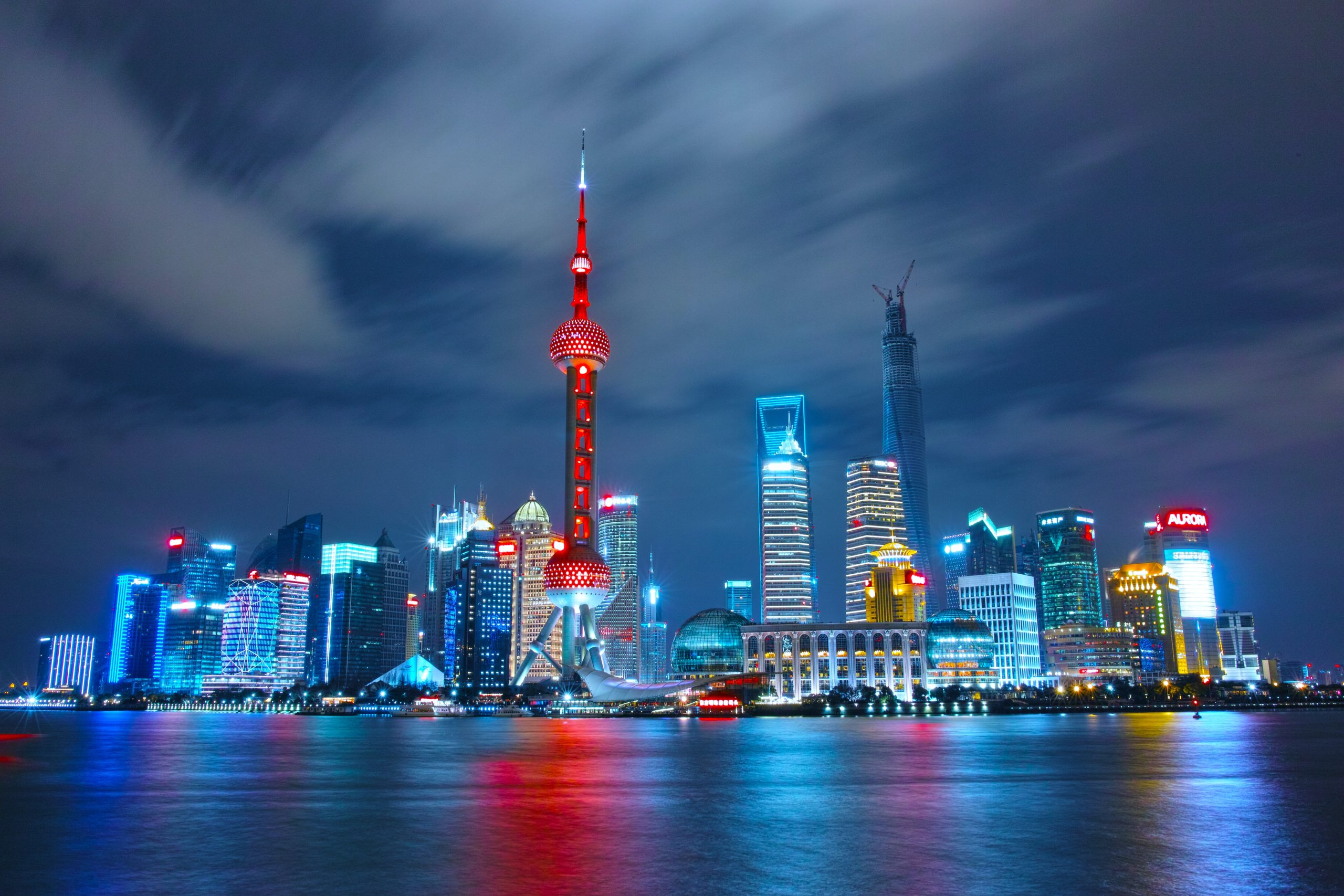China’s tech industry has come a long way from its early days of being viewed as mere copycats of Western technologies. Today, China is one of the world’s leading innovators in technology, with companies like Huawei, Tencent, and Alibaba gaining international recognition for their groundbreaking products and services. However, this impressive transformation has not been without controversy. In recent years, there have been increasing concerns about China’s involvement in cyber espionage and intellectual property theft. In this blog post, we’ll explore how China went from being seen as just another follower to a major player in the global tech industry – but at what cost?
The Chinese Government’s Approach to Technology
The Chinese government has long been supportive of the country’s tech industry, but its approach has changed over time. In the early days, the focus was on copying foreign technology and creating low-cost products. This led to a reputation for being “copycats.”
But in recent years, the Chinese government has shifted its focus to supporting innovation and developing homegrown technologies. It’s investing heavily in research and development, and it’s create favorable policies for startups.
This new approach has already paid off. China is now home to some of the world’s most innovative companies, including Huawei, Xiaomi, and Tencent. And it’s become a leading force in cutting-edge technologies like artificial intelligence and 5G.
The Transformation of the Tech Industry in China
In the last decade, China has gone from being the world’s leading manufacturer of counterfeit goods to becoming a major player in the global tech industry. This transformation is largely thanks to the country’s burgeoning entrepreneurial culture and its willingness to embrace new technologies.
Today, China is home to some of the world’s most innovative tech companies, such as Huawei and Xiaomi. These companies are not only changing the face of the Chinese tech industry, but they are also having a major impact on the global market. With their cutting-edge products and competitive prices, they are giving established Western brands a run for their money.
The rise of Chinese tech firms has also been fueled by the country’s increasingly affluent middle class. This growing demographic is increasingly willing to spend money on high-quality gadgets and services. As a result, China is now the world’s largest market for smartphones and other mobile devices.
The transformation of the Chinese tech industry has not been without its challenges, however. The country’s notoriously lax intellectual property laws have led to a proliferation of counterfeit goods. And its murky regulatory environment has made it difficult for foreign companies to do business in China. Nevertheless, the country’s vast market potential and its rapidly expanding pool of talent mean that it is likely to remain a major force in the global tech industry for years to come.
The Impact of China’s Tech Industry on the World
The Chinese tech industry has had a profound impact on the world. In just a few short years, China has transformed itself from a copycat nation to a leading innovator in many cutting-edge technologies. From e-commerce and artificial intelligence to 5G and quantum computing, Chinese firms are at the forefront of some of the most exciting technological advancements.
This rise to prominence has not been without controversy, however. China’s aggressive tactics in acquiring foreign technology and IP have often been criticized, while its increasingly sophisticated cyber capabilities have raised fears about the country’s growing military and economic might.
Despite these concerns, there is no doubt that the Chinese tech industry is a major force to be reckoned with. Its rapid development is reshaping not only China but also the global economy and geopolitics. As China continues to assert its power on the world stage, the rest of the world will need to pay close attention to its every move.
How China Is Becoming a Leader in Artificial Intelligence
China is quickly becoming a world leader in artificial intelligence (AI). The country has made significant investments in AI research and development, and its companies are at the forefront of developing and deploying AI technologies.
China is home to some of the world’s largest and most well-funded AI companies, including Baidu, Alibaba, and Tencent. These companies are investing heavily in AI research and development, and are commercializing a wide range of AI technologies.
In addition to its large tech companies, China also has a thriving startup ecosystem. There are now over 4,000 AI startups in China, many of which are focused on developing applied solutions for specific industries.
The Chinese government is also playing a role in promoting the development of AI. The government has set up dedicated funds to support AI research and development, and has put in place policies to attract international talent to work on AI projects in China.
As a result of these efforts, China is becoming a leading center for AI innovation. Chinese companies are developing some of the most advanced AI technologies in the world, and Chinese startups are bringing these technologies to market quickly. The country is also producing an increasing number of top-tier AI researchers.
Conclusion
China’s tech industry has come a long way from its roots as a copycatting powerhouse. It is now a major player in the global market and is one of the leading innovators when it comes to artificial intelligence, robotics, and other cutting-edge technologies. As Chinese companies continue to grow and expand their reach, they will be sure to bring even more breakthroughs to our everyday lives. Despite some issues with cyber crime that may arise with their newfound success, there is no denying that China’s transformation into an international tech leader has propelled it forward into becoming a true global superpower.









